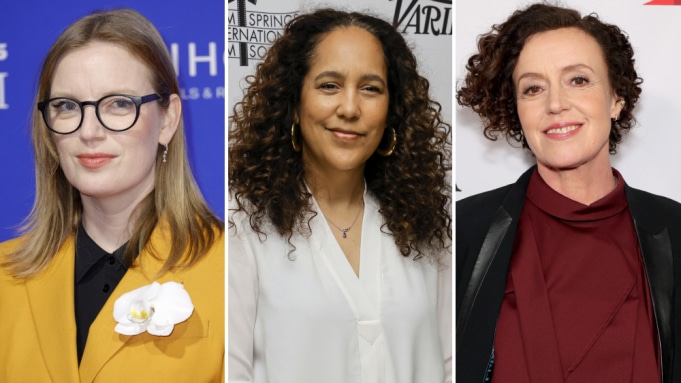Following two consecutive years in which women won the Oscar for Best Director, the Academy entirely disregarded the several women who directed critically praised films this year, and nominated only males for Best Director on Tuesday morning.
Issa Rae, who presented the Oscar nominations in 2020, the last time there were only males up for Best Director, said, “Congratulations to the guys.”
It is exhausting that it has occurred again and somehow continues to occur. I had intended to avoid publishing this tale. I had hoped to be mistaken.
Gina Prince-Bythewood, who oversaw an extraordinary cast and crew of Black women in the production of the approximately $70 million-grossing historical epic “The Woman King,” was omitted from the list. Nor was Sarah Polley, who masterfully constructed “Women Talking,” a short but powerful film about a group of Mennonite women who, as the film progresses, become a microcosm for societal problems in creating democratic systems and attempting to escape abusers and oppressive organizations.
Or Domee Shi, director of Pixar’s “Turning Red,” who made a humorous and endearing animated film on menstruation. Or Charlotte Wells, whose indie hit “Aftersun” revealed a sensitive and contemplative side of “Normal People” actor Paul Mescal as a young dad. Or Laura Poitras, whose harrowing documentary “All the Beauty and the Bloodshed” skillfully linked together the past and present of the artist and activist Nan Goldin. And so on and so on.
Tuesday morning’s utter absence of female filmmakers by the Academy was, in some respects, quite predictable and consistent with their appalling track record. In the Oscars’ 95-year history, only seven women have ever been nominated for best director. Kathryn Bigelow in 2010, Chloé Zhao in 2021, and Jane Campion last year are the only winners in recent years.
However, Tuesday’s nominations represent a reversal of the Academy’s recent, though gradual, improvement, which has been the result of intense public criticism and scrutiny. With a shifting membership that is less white, less male, younger, and more international, more diverse films and performers have been nominated in recent years. It’s in part why “Parasite” won Best Picture and Best Director three years ago, and why Chloé Zhao became the first (and only) woman of colour to win Best Director the following year. Because of this, it is becoming uncommon to have an all-white or all-male slate of Best Director nominations.
We can only hope that Tuesday is only a hiccup in the general rising trend of diversity at the Oscars. But it may just as well be the opposite. Perhaps the previous several years of improvement were a fluke. According to the most current analysis on diversity in directing from the Annenberg Inclusion Initiative, the proportion of women and people of colour directing the highest-grossing films at the U.S. box office levelled out in 2022, compared to prior highs. All the pledges Hollywood made in reaction to Oscars So White, the Me Too movement, and the racial reckonings after the murder of George Floyd in 2020 may have been primarily symbolic, according to this study.
It is tiresome to write again and over again the same tale about how nothing has changed or, at best, how little has changed. When it comes to diversity behind the camera, Hollywood appears to like delivering the same tale over and over again, despite its reputation for storytelling.


